The vehicle grille is a crucial element that not only enhances the aesthetic appeal of a car but also serves vital functions such as safeguarding the engine from debris, facilitating adequate airflow for cooling, and contributing to the vehicle's unique front-end identity. Despite its importance, the proper installation and upkeep of vehicle grilles are often neglected by car owners.
A critical step in ensuring ideal performance from your vehicle's grille is its correct installation. As a vital component of your car, the Automotive Grille Factory advises the following steps for a secure and effective fit.
Inspection of the grille and its components is a prerequisite before installation. The Automotive Grille Factory recommends examining the grille for any defects, such as cracks or missing parts, which could impact the installation process or the grille's functionality. It's also crucial to verify that the grille is compatible with your vehicle model to prevent issues like air and water leaks or potential engine damage over time.
Maintaining cleanliness during the installation process is equally important. The Automotive Grille Factory suggests thoroughly cleaning the area on the vehicle's front bumper where the grille will be installed. Removing any dirt, grease, or residual adhesive is essential to create a smooth surface, which in turn prevents poor adhesion and ensures the grille remains firmly in place.
Grilles are designed to snap into place, while others require screws, bolts, or clips for secure attachment. Carefully align the grille with the vehicle's mounting points. A factory advises not to force the grille into position, as this could cause damage. If screws or clips are used, ensure they are tightened properly but avoid over-tightening, which could crack or strip the mounting holes.
For some models, a proper sealant may be necessary to prevent water or dirt from entering the engine compartment. An Automotive Grille Factory suggests using a silicone-based sealant around the edges of the grille for additional protection. This is especially important for off-road vehicles, which are more likely to encounter muddy or wet conditions.
Once the grille is securely attached, it’s a good idea to perform a quick test. Turn on the vehicle and ensure the airflow is unobstructed. Check that the grille is securely in place by gently pressing on it to see if it wobbles or shifts. If it does, the Automotive Grille Factory recommends re-checking the alignment and fixing any loose points.
Proper maintenance of your vehicle's grille ensures that it not only looks great but also performs ideally. Grilles are exposed to various elements like rain, snow, and road debris, which can cause wear and tear over time. Regular cleaning and upkeep are essential for prolonging the life of your grille.
An Automotive Grille Factory recommends cleaning your grille regularly to prevent dirt, dust, and debris from accumulating. Use a gentle car wash soap and a soft cloth or sponge to clean the grille. For metal grilles, a microfiber cloth can help polish them and remove water spots, keeping the finish intact.
As time goes by, your vehicle's grille can suffer from the wear and tear of rocks, debris, or even accidental impacts. Regularly checking for cracks, dents, or loose fittings is crucial. If you spot any signs of damage, the Automotive Grille Factory advises you to act swiftly—either repair or replace the grille to prevent further harm to your vehicle's front end.
Metal grilles, in particular, are prone to rust and corrosion, especially with the passage of time. To safeguard against this, the Automotive Grille Factory suggests applying a protective wax coating to metal grilles. This barrier helps to fend off moisture and salt, which is especially important in regions with severe winter conditions.
A securely mounted grille is essential for its longevity. Loose screws, bolts, or clips can result in rattling, which may result in damage over time. The Automotive Grille factory recommends that you include a check of the grille's mounting points in your routine vehicle maintenance. This ensures that any necessary fasteners are tightened, maintaining the grille's stability.
By keeping your grille clean, regularly inspecting it for damage, and promptly addressing issues like rust or blockages, you can ensure that it continues to serve its dual role: protecting your engine and enhancing your vehicle's appearance.

 English
English 日本語
日本語 Français
Français Deutsch
Deutsch Español
Español 简体中文
简体中文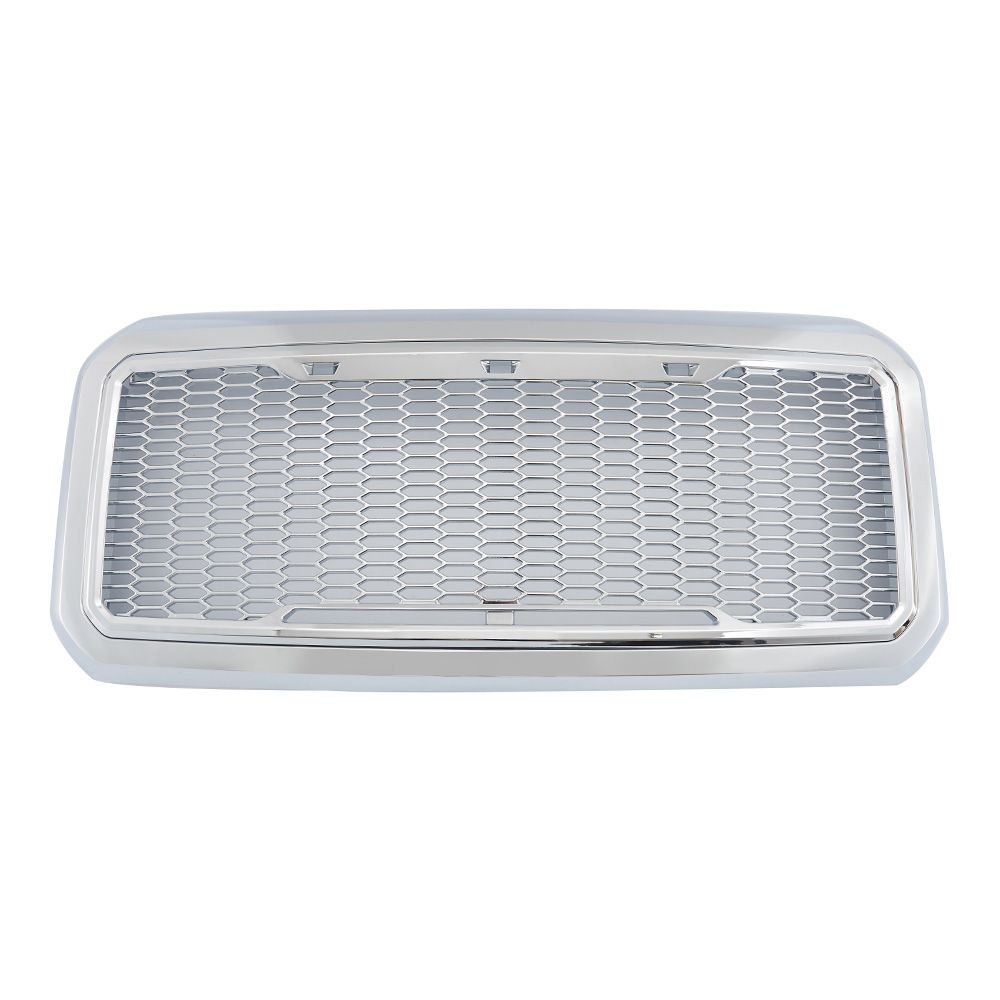
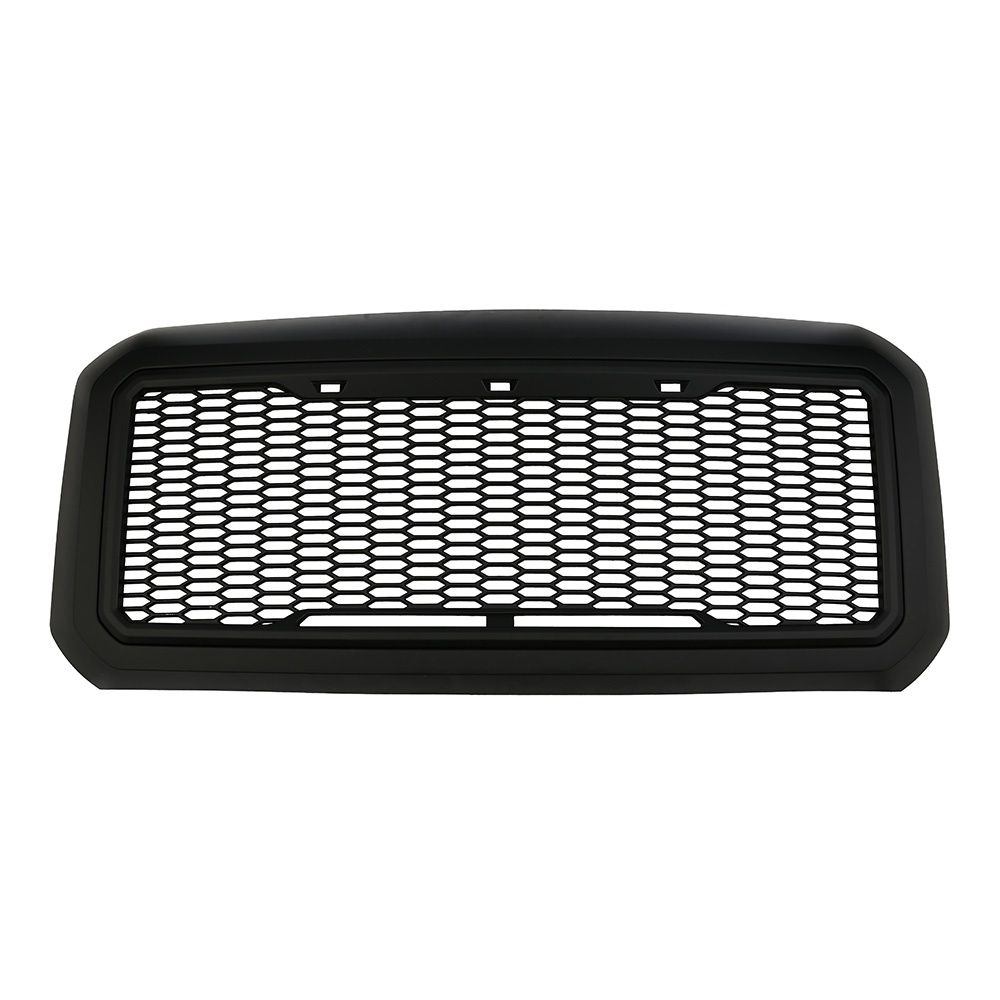
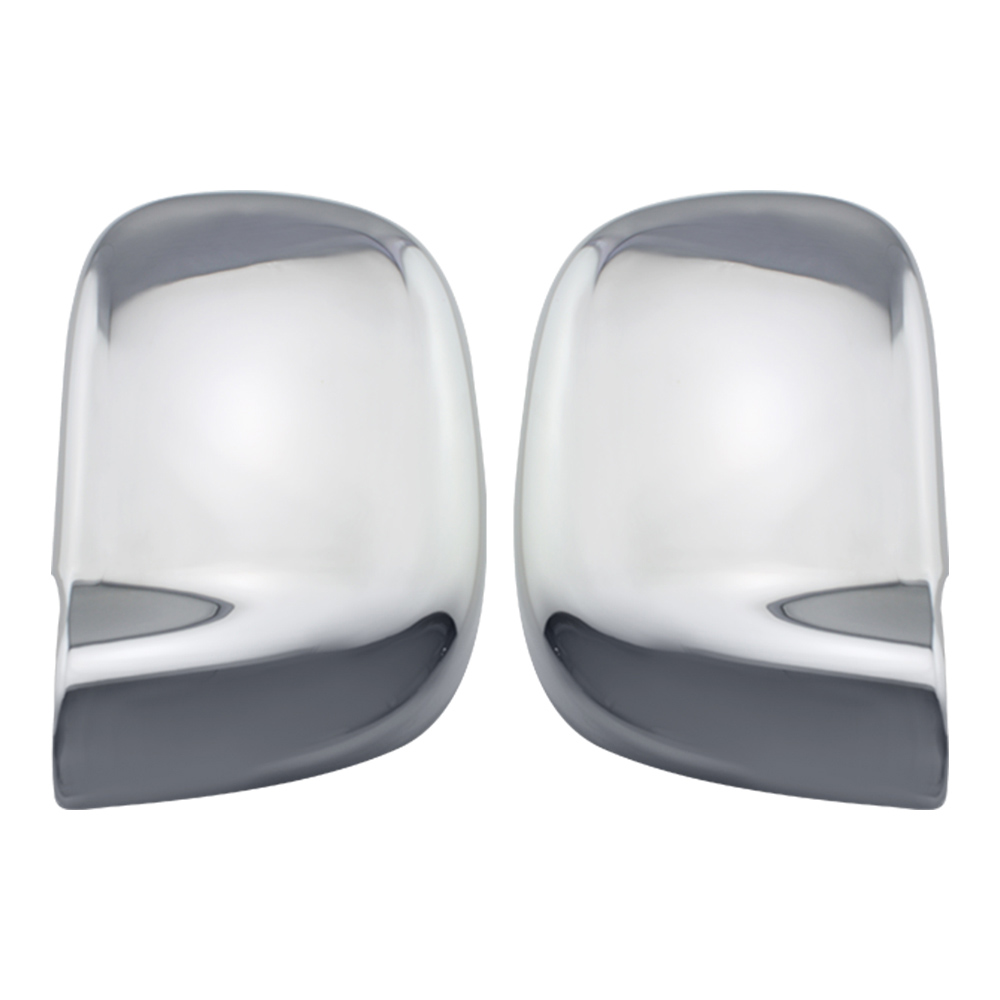 View More >>
View More >>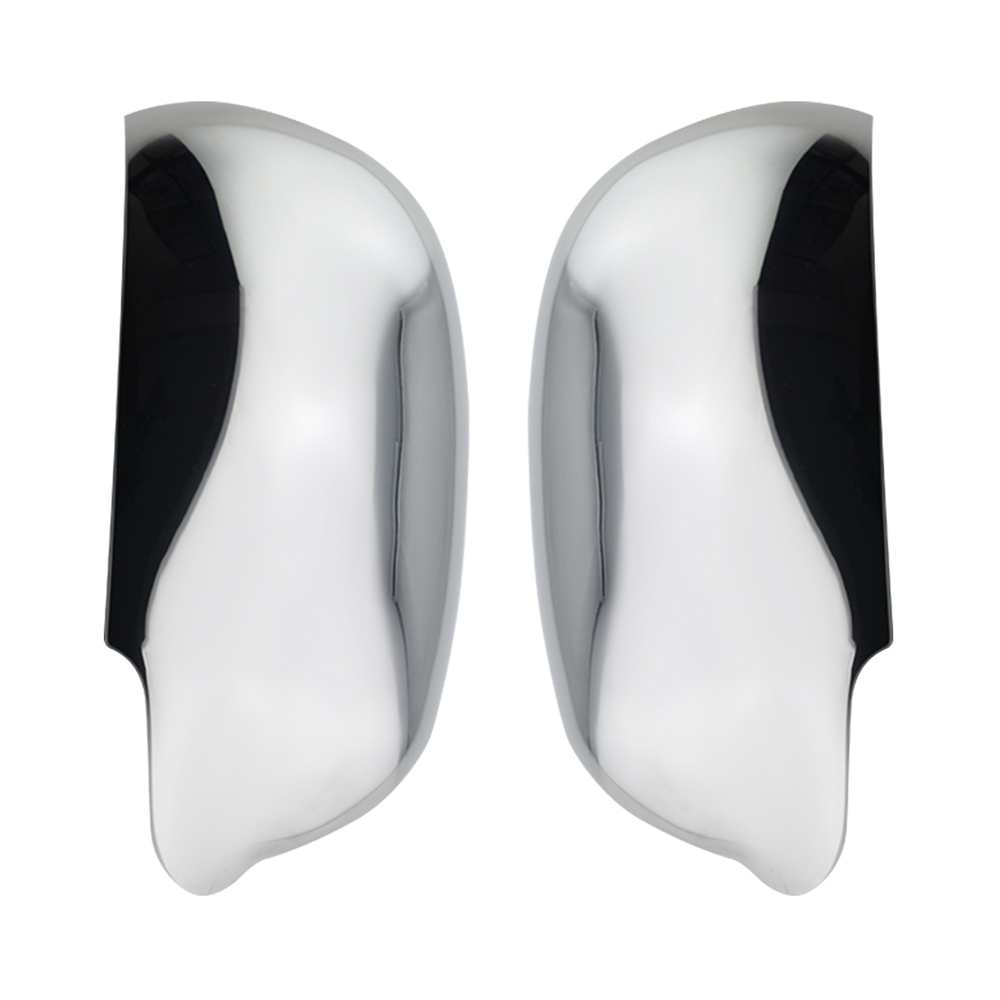 View More >>
View More >>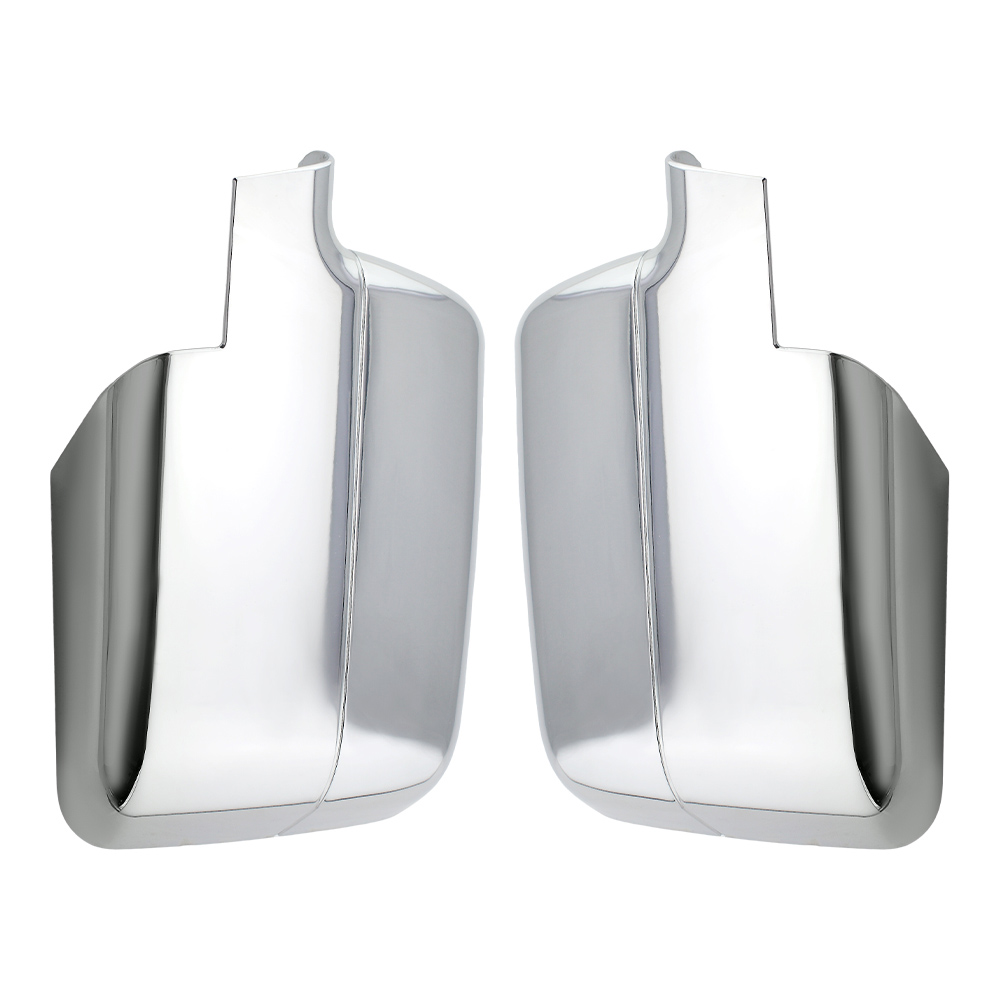 View More >>
View More >>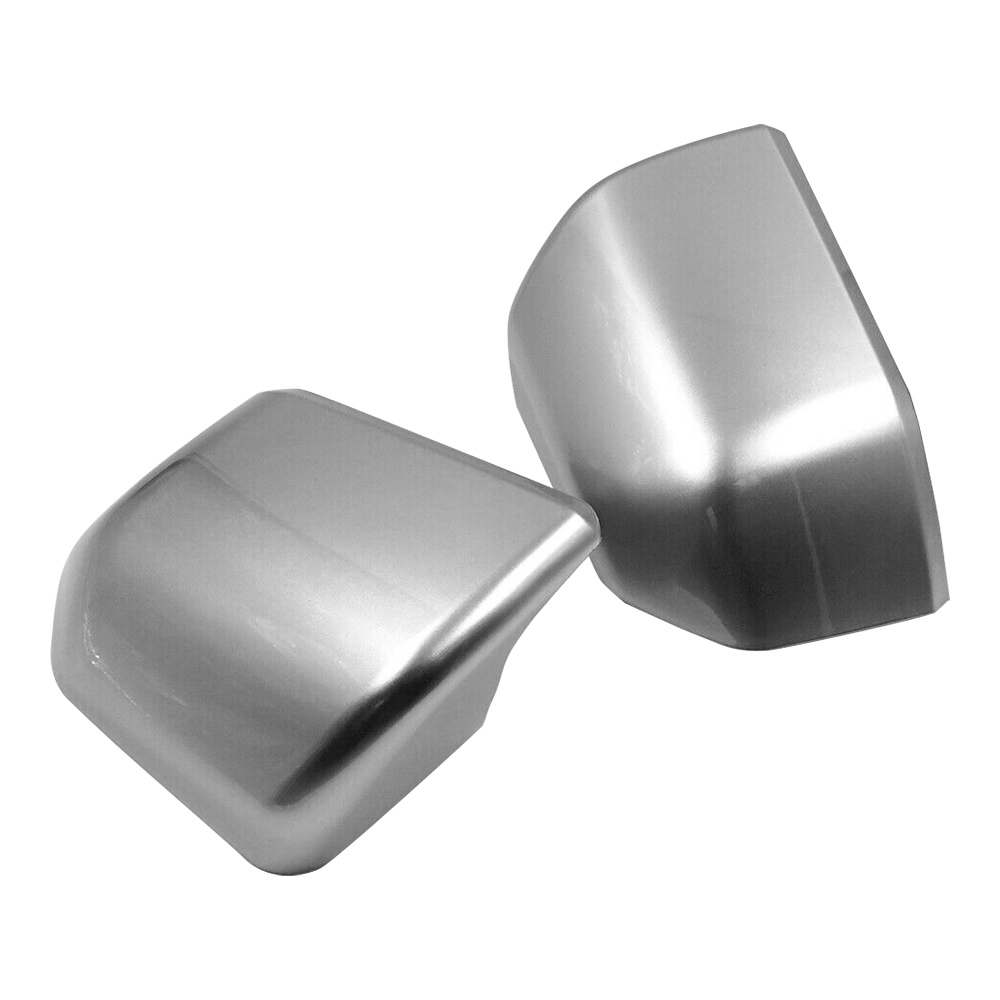 View More >>
View More >>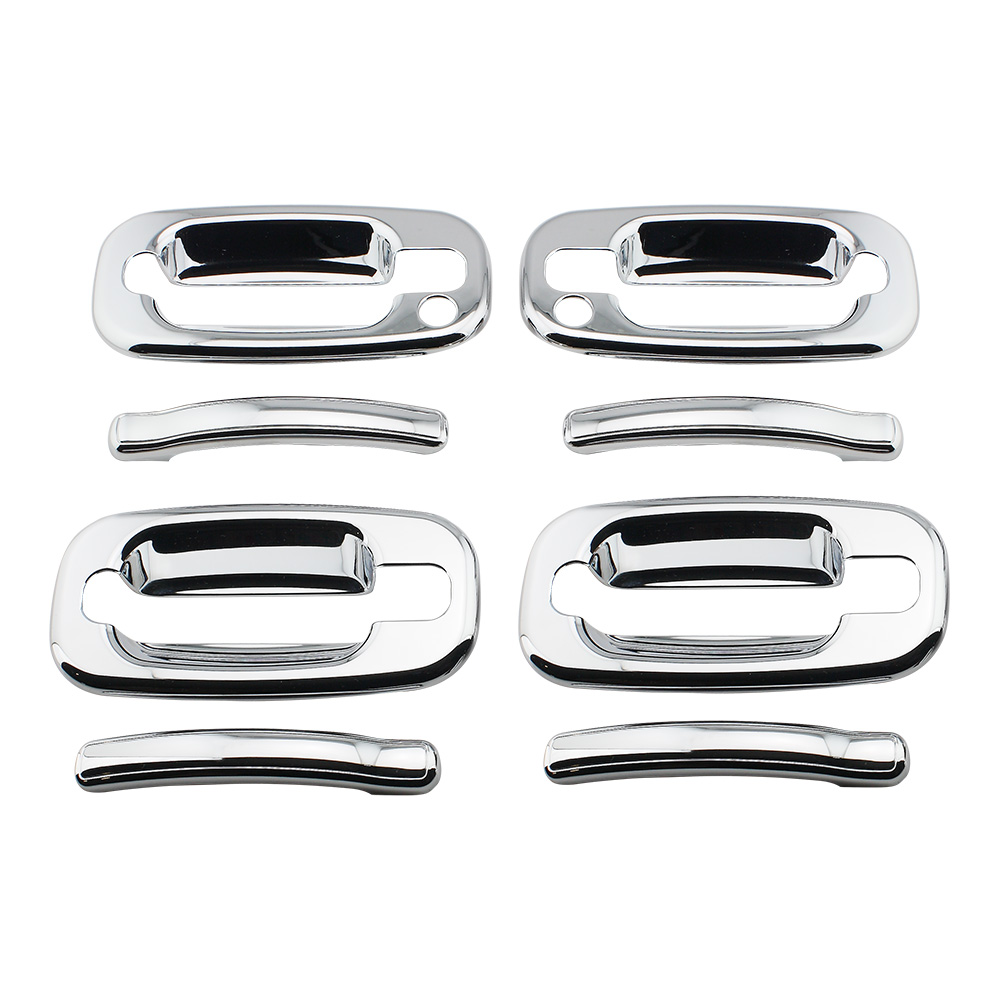 View More >>
View More >>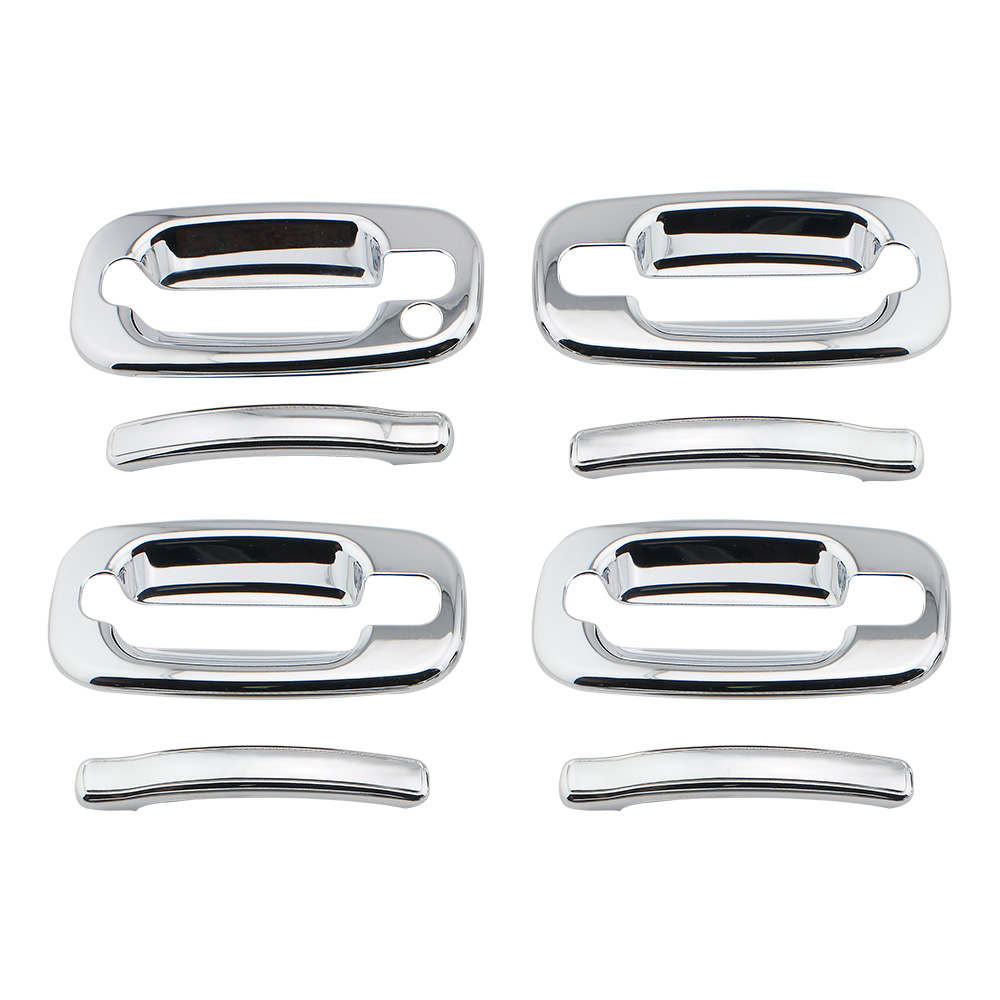 View More >>
View More >>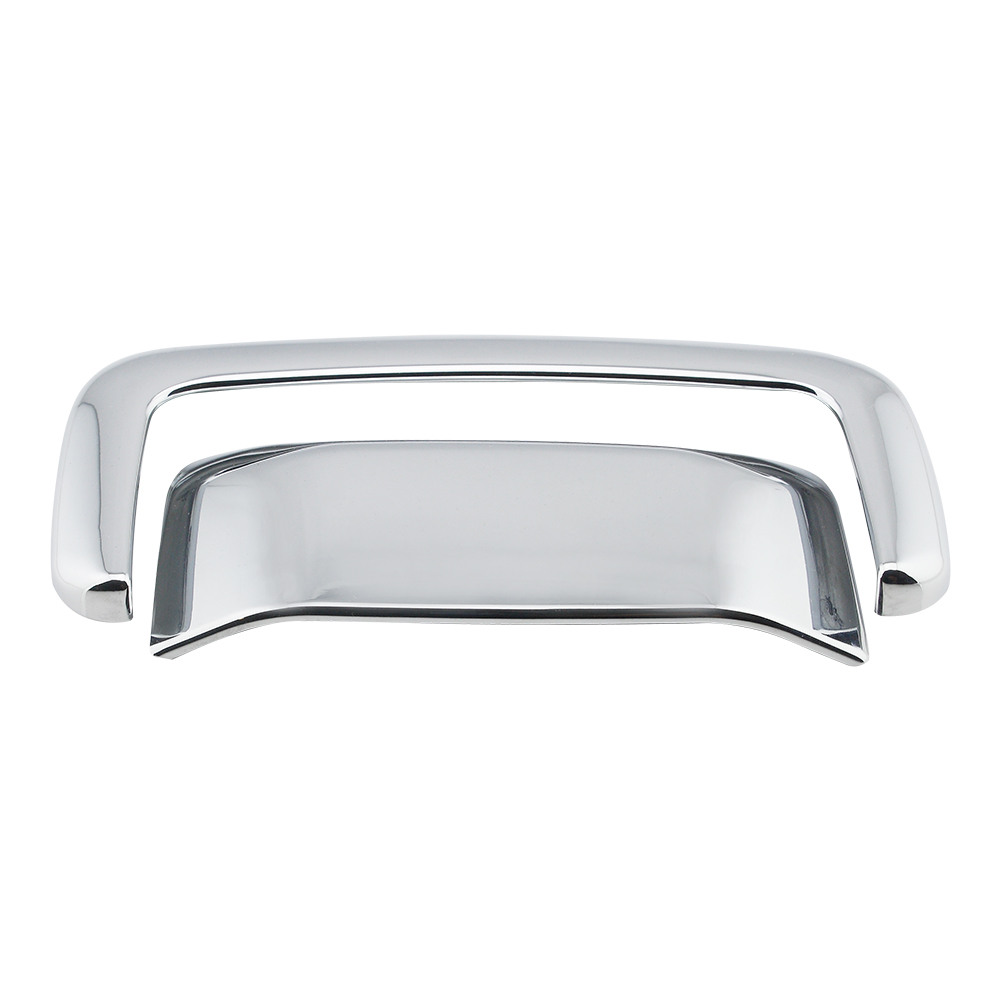 View More >>
View More >>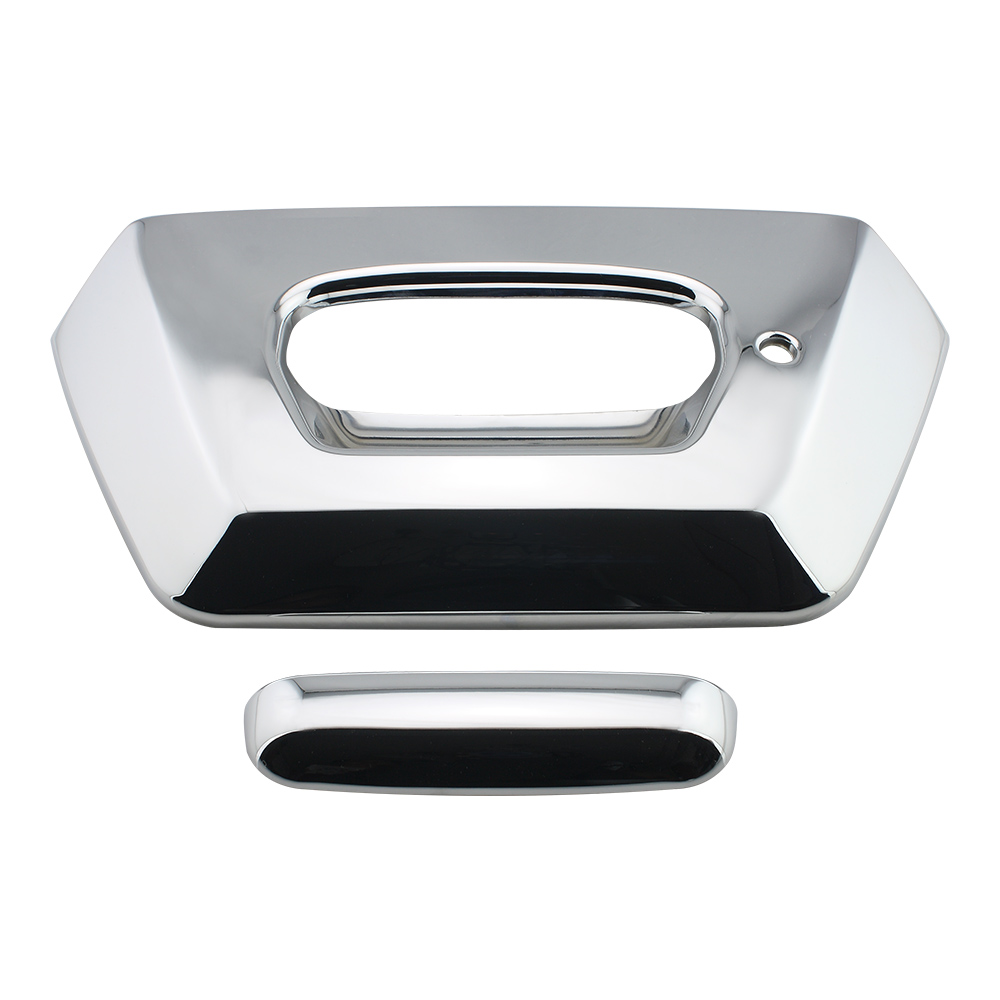 View More >>
View More >>(canaddletterfordraptor)-1.jpg) View More >>
View More >>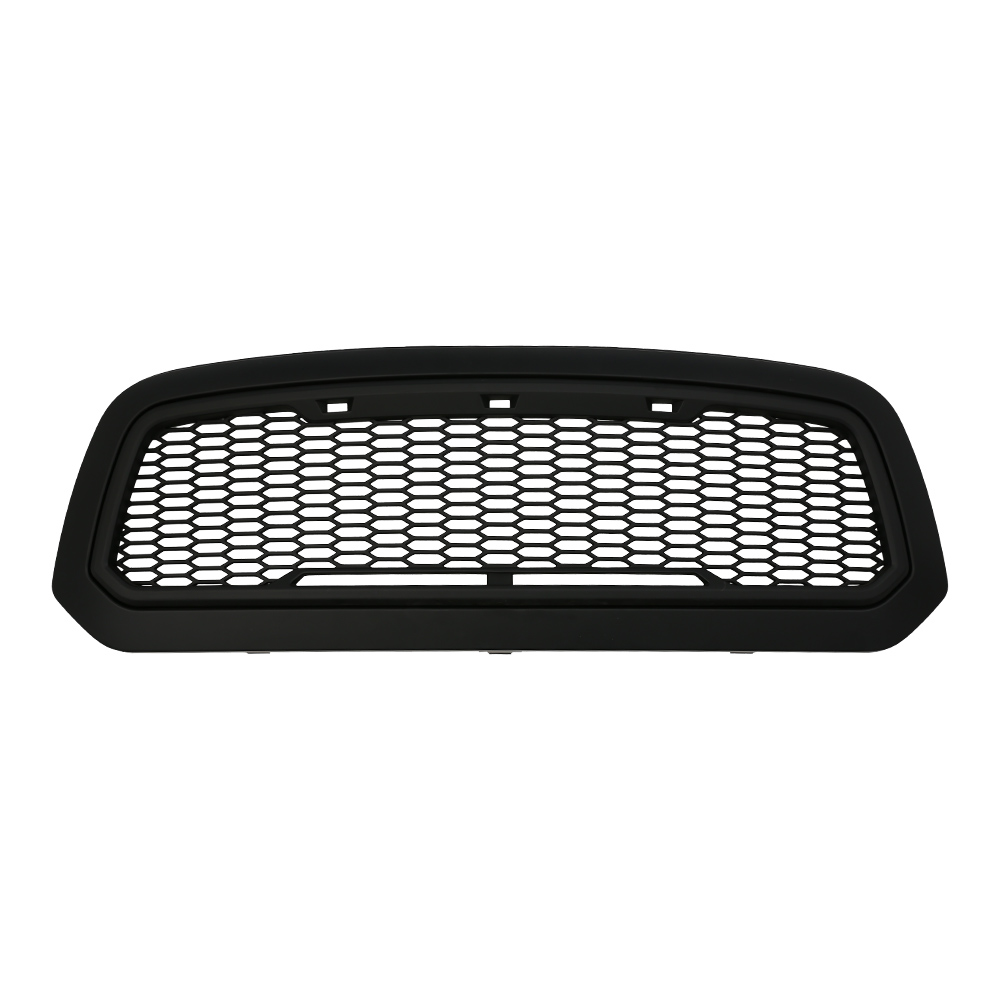 View More >>
View More >>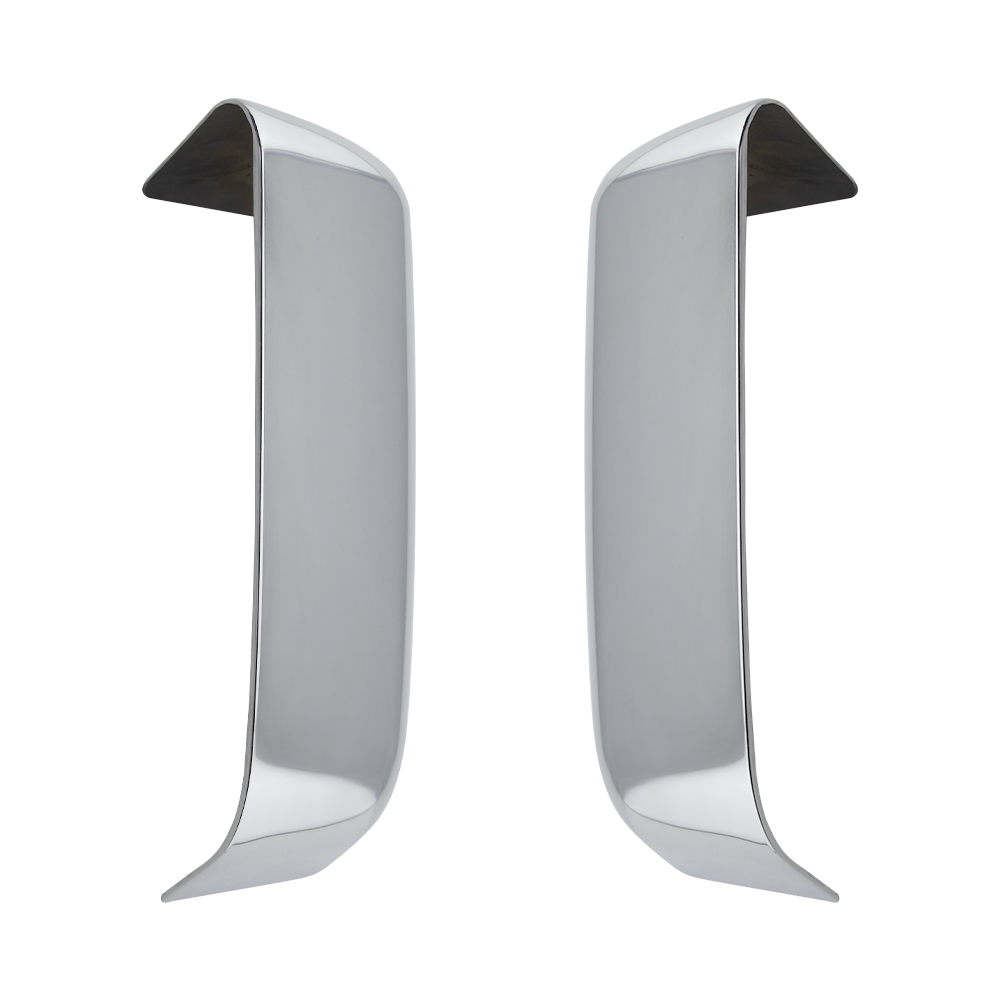 View More >>
View More >>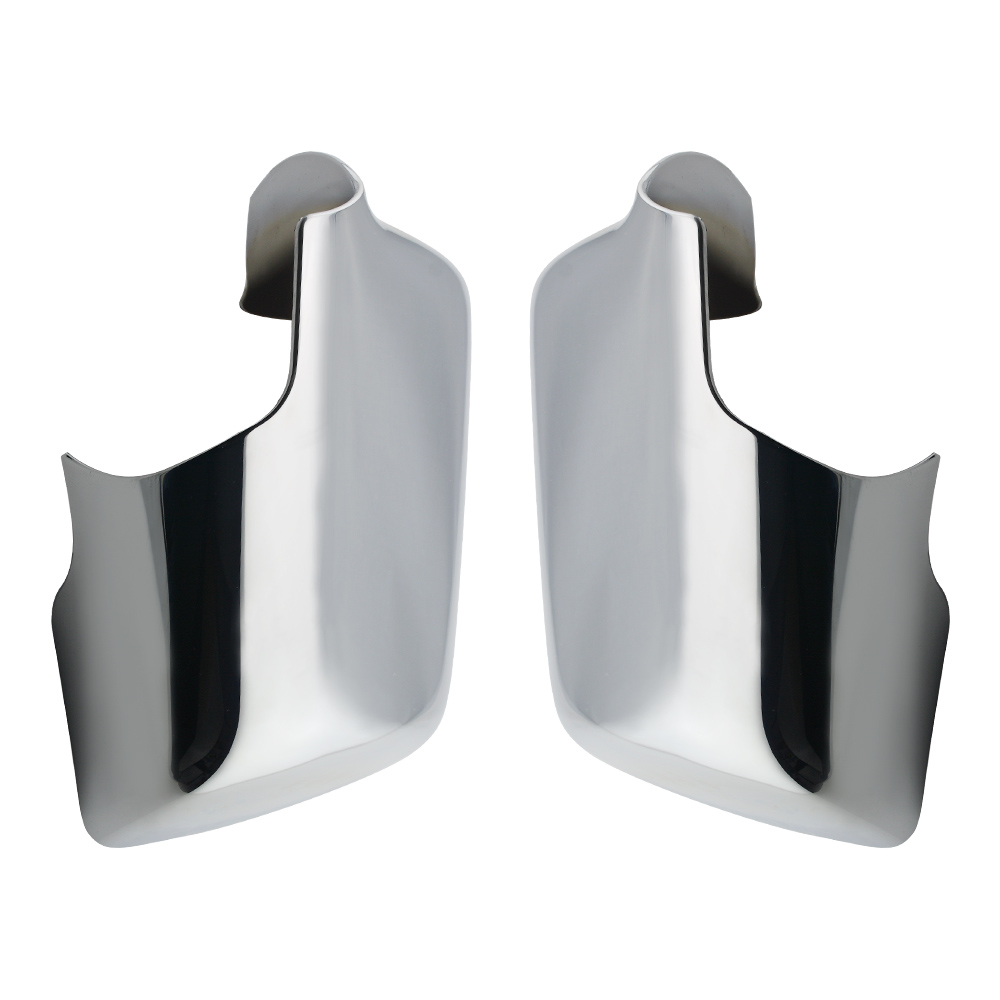 View More >>
View More >>
